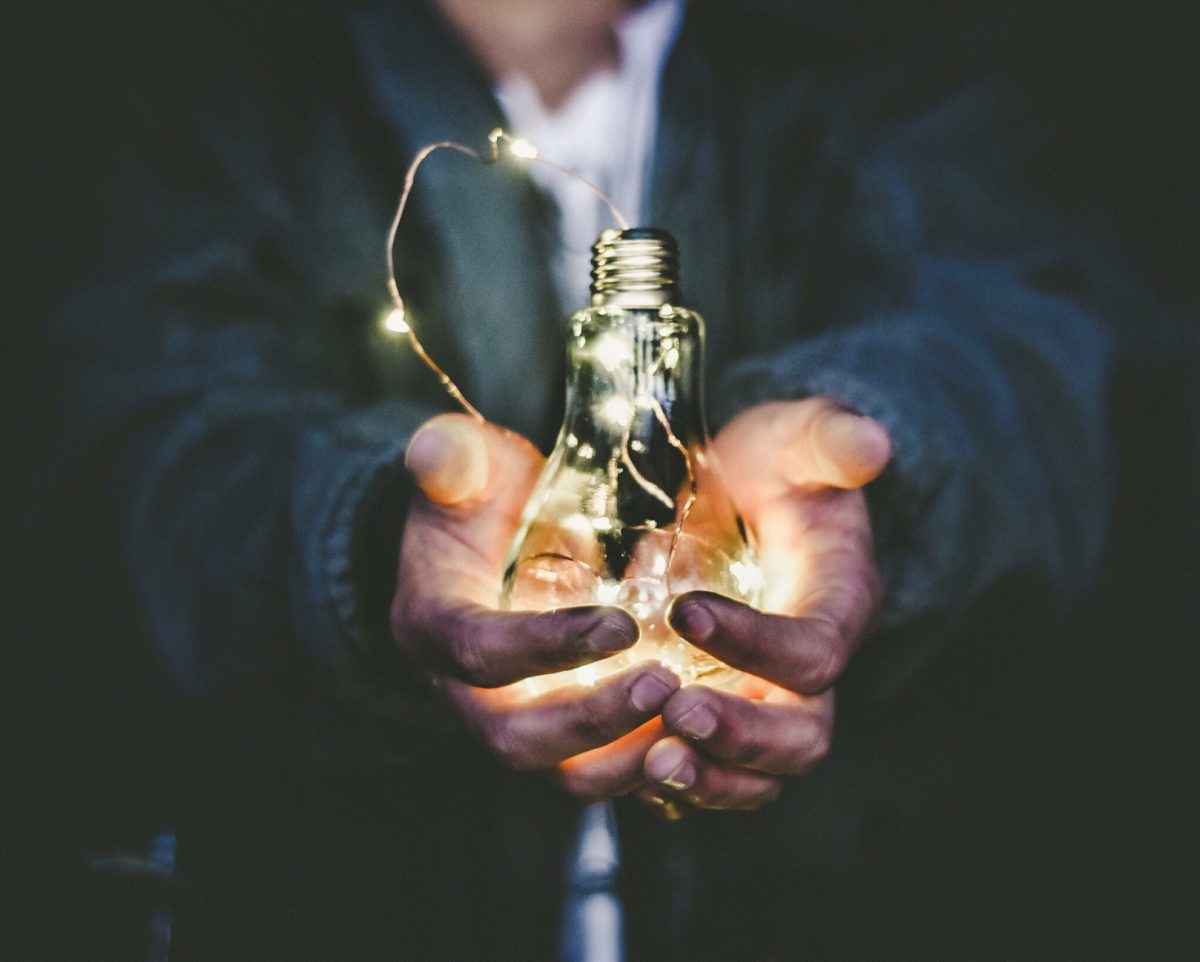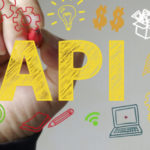By Helen Disney, the Founder of Unblocked Events
What happens when you put together the old-fashioned, slow-moving energy sector with the fast-paced and cutting edge world of blockchain technology? The discussion at a recent Unblocked Events conference on this topic got stuck into some wide-ranging themes about how our society is changing, describing the major societal and environmental shifts which are forcing the energy sector to reform and modernise, and where it turns out that blockchain and distributed ledgers have a key role to play.
So what are the global mega trends shaping this energy transition? There are the now well-known 4 ‘Ds’ – Decarbonisation, Decentralisation, Digitalisation and Democratisation – but there are also wider trends. These were outlined in a broad-ranging speech by keynote speaker, John Henry Clippinger of Swytch, who discussed how we can accelerate the transition to sustainable ‘glocal’ economies at scale. He argues that the move towards financial, monetary and institutional innovation created by the advent of blockchain, combined with exponential innovation in solar and battery tech and data-driven machine learning analytics, is giving us the opportunity to make a fundamental shift in how we price energy and will fundamentally change how we invest and do business globally.
In a lively follow-up panel with speakers from Electron, IBM, Fintricity and UCL Energy Institute on the challenges of real-world implementation, speakers debated whether blockchain or distributed ledgers were best used to reform existing centralised business models to make them more efficient or whether time was best spent on disrupting these industries and creating entirely new business models altogether in which fossil fuels and traditional utility companies would soon be a thing of the past. Perhaps there is still room for both?
A more nuanced approach would see the utilities not being disintermediated but shifting towards being business-to-business providers rather than business-to-consumer operations. Self-described ‘recovering MP’ Laura Sandys outlined a vision in which the entire regulatory model needs to be reshaped to reflect this new world where a wave of technologies and challenges – including blockchain but also AI, the Internet of Things, Big Data, and a Multi-Utility, Multi-Vector model – will be so complex as to leave regulators struggling to catch up. A future model might instead be based around the following principles: regulate for how consumers consume not how businesses are organised; regulate for system optimisation to deliver the most productive, efficient and affordable system; promote transparent, cost-reflective and open markets; and only regulate for where energy system security is truly at risk.
But, some might ask, how can blockchain companies talk of reforming the energy sector and policymakers talk up the benefits of blockchain when the environmental impact of the bitcoin mining process – known as proof of work – is so energy intensive? As Alastair Marke, who heads up the climate change work of the British Blockchain Association as well as being head of blockchain innovations (Climate Change) at Abt Associates explained, it has been estimated that Bitcoin mining guzzles as much electricity annually as Nicaragua in the first quarter of 2016. However, it may not be as bad as it seems since as Marke points out: “Energy-efficient blockchains can process significantly more transactions per second at minimal cost, while accommodating an ever-expanding user base”. Possible solutions discussed by participants at the event may entail combining green blockchain-based innovations with using either blockchains based on proof of stake, rather than proof of work, or new generation blockchains like hashgraph or others which use different types of consensus mechanisms. Marke is also working on concept that combines a blockchain mining regime with the trading of renewable energy certificates (REC). “If validating computers are chosen based on the RECs registered within a parallel energy blockchain network, this could energise many energy-related digital currency systems and scale up renewable energy development in many countries”, he says.
Start ups presenting in a rapid-fire showcase also had a variety of answers to the question by providing different green technical and business solutions, all of which could help lead us to a lower-carbon future. Presenters included Energi Mine (using Artificial Intelligence and Blockchain to revolutionise the way that energy is purchased and consumed globally), Verv (a platform allowing homes with renewable energy and battery storage to share green power directly with their neighbours at an affordable cost), Zero Carbon Project (purchase energy through a zero carbon market place and be rewarded with Energis tokens if you spread the word) and Irene Energy (an energy supplier built on the Stellar blockchain allowing you to choose renewable producers). There seem to be many different ways to square the green blockchain circle.
Other global champions of blockchain implementing projects around the world such as Manu Marchal of ConsenSys, Nick Beglinger of Cleantech21 and Ismail Malik of Blockchain Lab spoke of the key components for success including more regulatory certainty, access to capital and developers, the need for a well-educated audience and the challenges of making institutional changes, where blockchain is a shift in mindset not just another IT solution.
Singapore, Dubai, Korea and Switzerland all received honourable mentions as good places to do blockchain business but the UK got a mixed review – some gave brownie points for the FCA sandbox being opened up on a global scale but there was also criticism of Britain being to slow to act in implementing blockchain and getting real-world projects off the ground, mainly due to regulatory concerns.
An even more radical vision might be one in which a decentralised energy blockchain future was not dependent on the conditions of any one nation state or jurisdiction – but that vision of a decentralised future and the current reality still remain many worlds apart.




